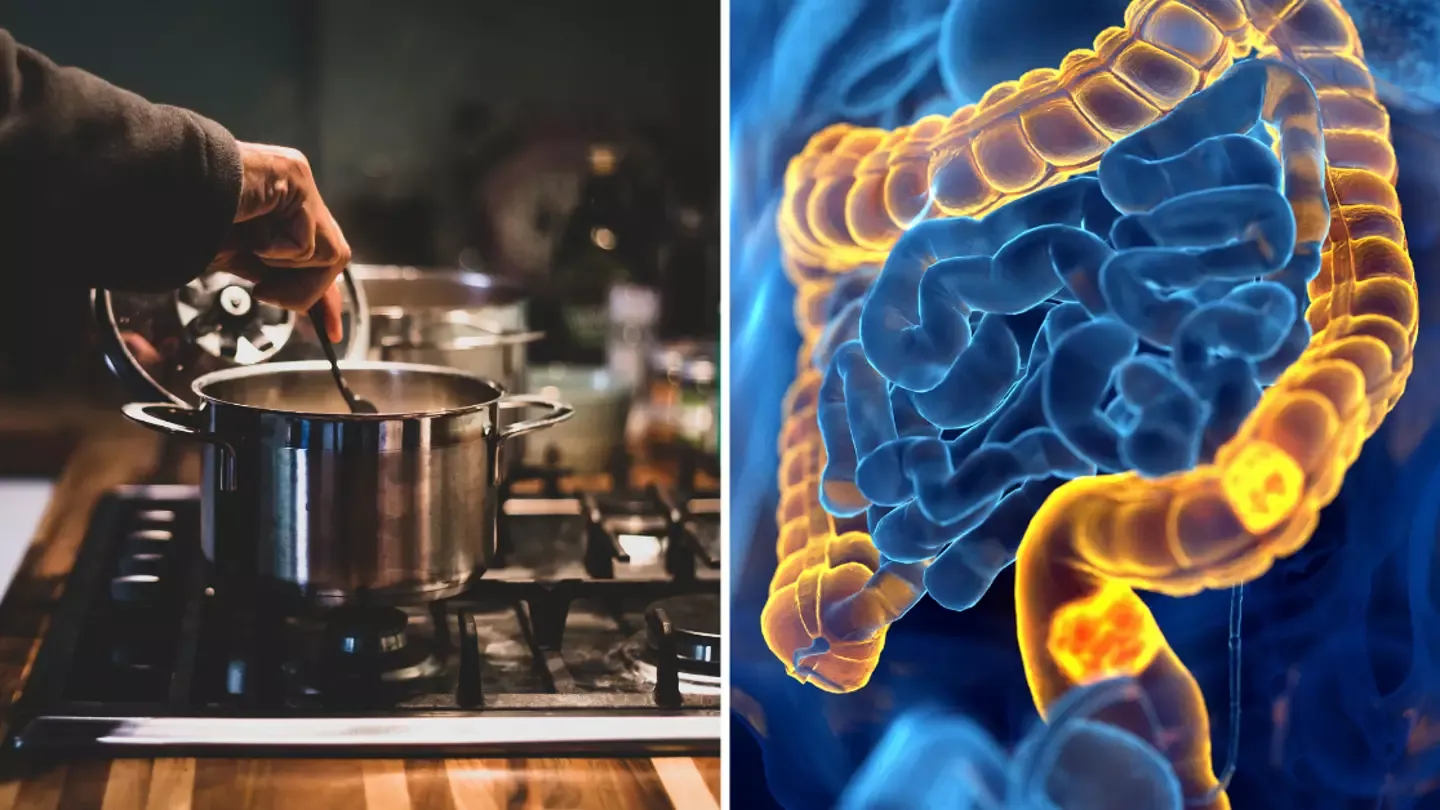
In recent years, an unsettling trend has emerged: colorectal cancer, once considered a disease of older age, has now become a prominent cause of cancer death in younger populations, specifically Millennials and Gen Xers. This shift in demographic susceptibility has alarmed medical professionals and researchers alike, as the forms of colorectal cancer affecting this group appear more aggressive and deadly.
A significant report from the American Cancer Society highlighted that by the late 1990s, colorectal cancer had ascended to the fourth-leading cause of cancer deaths among individuals under 50. Today, it ranks as the top cause of cancer deaths among men and the second among women in this age group, with a concerning upward trajectory in incidence rates.

Understanding the Drivers: Lifestyle and Environmental Factors
Why is this happening? The reasons behind this uptick are complex and multifaceted. The National Cancer Institute points to several lifestyle-related factors that could be influencing these rising rates. High on this list are increased obesity rates, high consumption of ultra-processed foods—particularly processed meats—excessive alcohol intake, and a sedentary lifestyle. Other contributing elements might include environmental influences, smoking, and genetic predispositions coupled with diets low in fiber but high in fat.
The Crucial Role of Diet in Cancer Prevention
Amidst these worrying statistics, diet emerges as a key player in both the risk and prevention of colorectal cancer. “Your habits determine your health,” says Dr. Nigel Brockton, VP of Research at the American Institute for Cancer Research, reinforcing the notion that dietary choices can significantly influence overall cancer risk.

1. Yogurt and Other Calcium-Rich Foods: A Protective Measure?
Recent studies have begun to shed light on specific dietary components that may offer protective benefits against colorectal cancer. For instance, a study in Gut Microbes revealed that regular consumption of yogurt (two or more servings per week) is linked to a reduced rate of specific types of colorectal cancer characterized by the presence of Bifidobacterium. While yogurt’s overall impact on colorectal cancer rates might need further validation, its association with these particular bacterial profiles presents a promising avenue for prevention.
Moreover, the American Institute for Cancer Research has noted the inverse relationship between calcium intake from foods like dairy milk and the risk of colorectal cancers, though it advises moderation due to potential links between high dairy consumption and other cancer types, such as prostate cancer.
2. Whole Grains: The Benefits of B-Vitamins and Fibers
Whole grains are another critical component of a cancer-preventative diet. The dietary guidelines recommending three servings per day of whole grains, such as brown rice, bulgur, and quinoa, are supported by evidence suggesting a 17% reduction in colorectal cancer risk. These foods are rich in B-vitamins, magnesium, zinc, and fibers that collectively contribute to a healthier gut microbiome and reduced exposure to carcinogens in the colon.
3. Fiber-Rich Foods: Strengthening the Gut Microbiome
The role of fiber in cancer prevention cannot be overstated. High-fiber diets are renowned for their ability to feed beneficial gut bacteria, enhance the immune system, and reduce the risk of chronic and inflammatory diseases associated with colorectal cancer. Dr. Andrea Tufano-Sugarman of Memorial Sloan Kettering Cancer Center emphasizes the importance of a fiber-rich diet in maintaining a diverse and robust gut microbiome, which is crucial for lowering cancer risk.
The National Cancer Institute confirms that certain chronic conditions like Crohn’s disease and diabetes, which are often marked by gut inflammation, are commonly found in younger adults with colorectal cancer, highlighting the importance of dietary fiber in mitigating these risks.

Adding Power to Your Plate
As we grapple with these rising cancer rates among younger demographics, the power of diet stands out as a beacon of preventive hope. Integrating foods rich in calcium, whole grains, and fiber into daily meals can be a strategic move towards safeguarding not just the health of Millennials and Gen Xers, but future generations as well.
